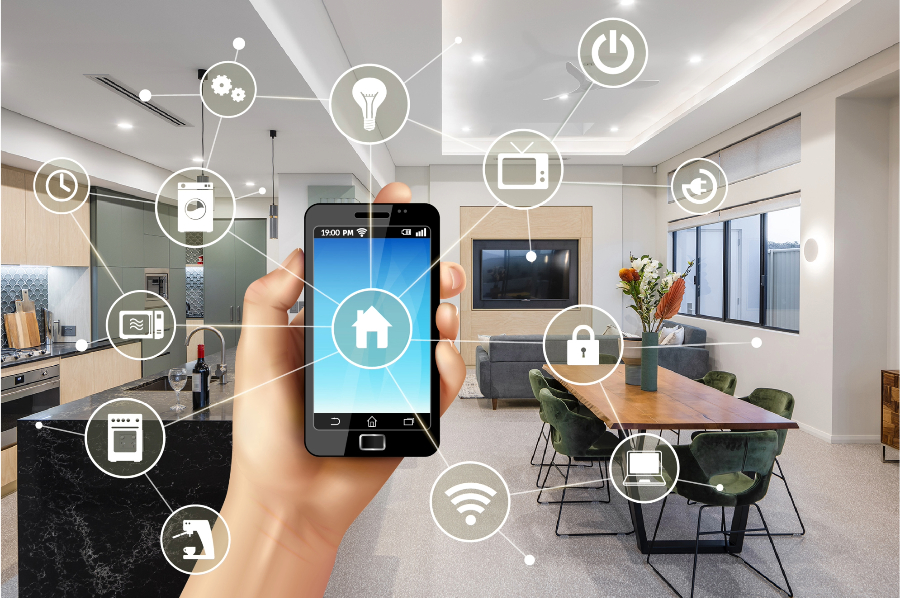In today’s digital age, our daily interactions with technology have become more intuitive and personalized. One of the key players in this evolution is Google Assistant, a voice-activated virtual assistant that has revolutionized the way we interact with our devices. At the heart of its functionality is its ability to provide personalized responses, which significantly enhances the user experience.

What Are Personalized Responses?
Personalized responses refer to the tailored replies and actions that Google Assistant provides based on the user’s preferences, habits, and previous interactions. By understanding the user’s context, Google Assistant can deliver more relevant and useful information.
How Does Google Assistant Personalize Responses?
Understanding User Preferences
Google Assistant learns from your interactions. It notes your frequently asked questions, preferences, and even your daily routine. This learning process allows it to provide responses that are uniquely tailored to you. For instance, when you ask for the weather update, it might provide details specific to your usual commute or weekend plans.
Integration with Google Services
By integrating with other Google services like Calendar, Gmail, and Maps, Google Assistant can access your schedule, emails, and locations. This integration enables it to offer personalized suggestions, such as reminding you of an upcoming meeting or suggesting the fastest route to your destination.
Benefits of Personalized Responses
Enhanced User Experience
The main advantage of personalized responses is the enhanced user experience. By receiving information that is relevant to their needs, users can efficiently manage their tasks and inquiries. This personalization makes interactions more natural and less time-consuming.
Improved Efficiency
With tailored responses, Google Assistant helps users accomplish tasks quicker. For instance, if you regularly set an alarm for 7 AM, Google Assistant might suggest setting it without you needing to specify the time, saving you effort and time.
Privacy Concerns and Control
User Data and Privacy
While personalization offers numerous benefits, it also raises concerns about privacy and data security. Google ensures that users have control over their data and can manage what information is stored and used for personalization.
Managing Personalization Settings
Users can customize their personalized responses by adjusting settings in their Google account. This control allows users to decide which services Google Assistant can access, thereby protecting their privacy while still benefiting from personalized interactions.
Applications of Personalized Responses
Smart Home Integration
Google Assistant’s ability to provide personalized responses extends into smart home devices, allowing for seamless home automation. For example, it can suggest turning off lights when you leave home, based on your usual routine. Learn more about how voice assistants can manage multiple users at Voice Assistants Manage Users.
Healthcare and Wellness
Personalized responses also play a role in healthcare by providing medication reminders or suggesting health tips tailored to the user’s needs. This personalized approach is particularly beneficial for elderly users, enhancing their daily living experience. Discover more about voice assistants for the elderly at Voice Assistants for the Elderly.
Entertainment and Leisure
From recommending movies based on past preferences to suggesting new music, Google Assistant enhances leisure time through its personalized recommendations. This makes entertainment more enjoyable and tailored to the user’s taste.
The Future of Personalized Responses
Advancements in AI Technology
As AI technology continues to advance, the level of personalization in Google Assistant is expected to become even more sophisticated. Future developments could include deeper integration with third-party apps and more nuanced understanding of user emotions and contexts.
Expanding Accessibility Features
Google is committed to making its services more accessible to everyone. By enhancing the personalization of responses, Google Assistant can cater to a wider range of users, including those with disabilities, ensuring that technology is inclusive and beneficial for all.
Conclusion
In conclusion, personalized responses in Google Assistant offer a transformative user experience by providing tailored information and suggestions. As technology advances, the role of personalized responses will continue to grow, offering even more convenience and efficiency in our daily lives. For more insights on hands-free communication, explore this informative article.

FAQs
What are personalized responses in Google Assistant?
Personalized responses are tailored replies and actions from Google Assistant based on user preferences, habits, and past interactions.
How does Google Assistant enhance user experience?
By providing relevant and timely information, Google Assistant enhances user experience through efficiency and convenience.
Can users control their personalized responses?
Yes, users can manage their personalization settings and control what data Google Assistant can access.
This article contains affiliate links. We may earn a commission at no extra cost to you.





